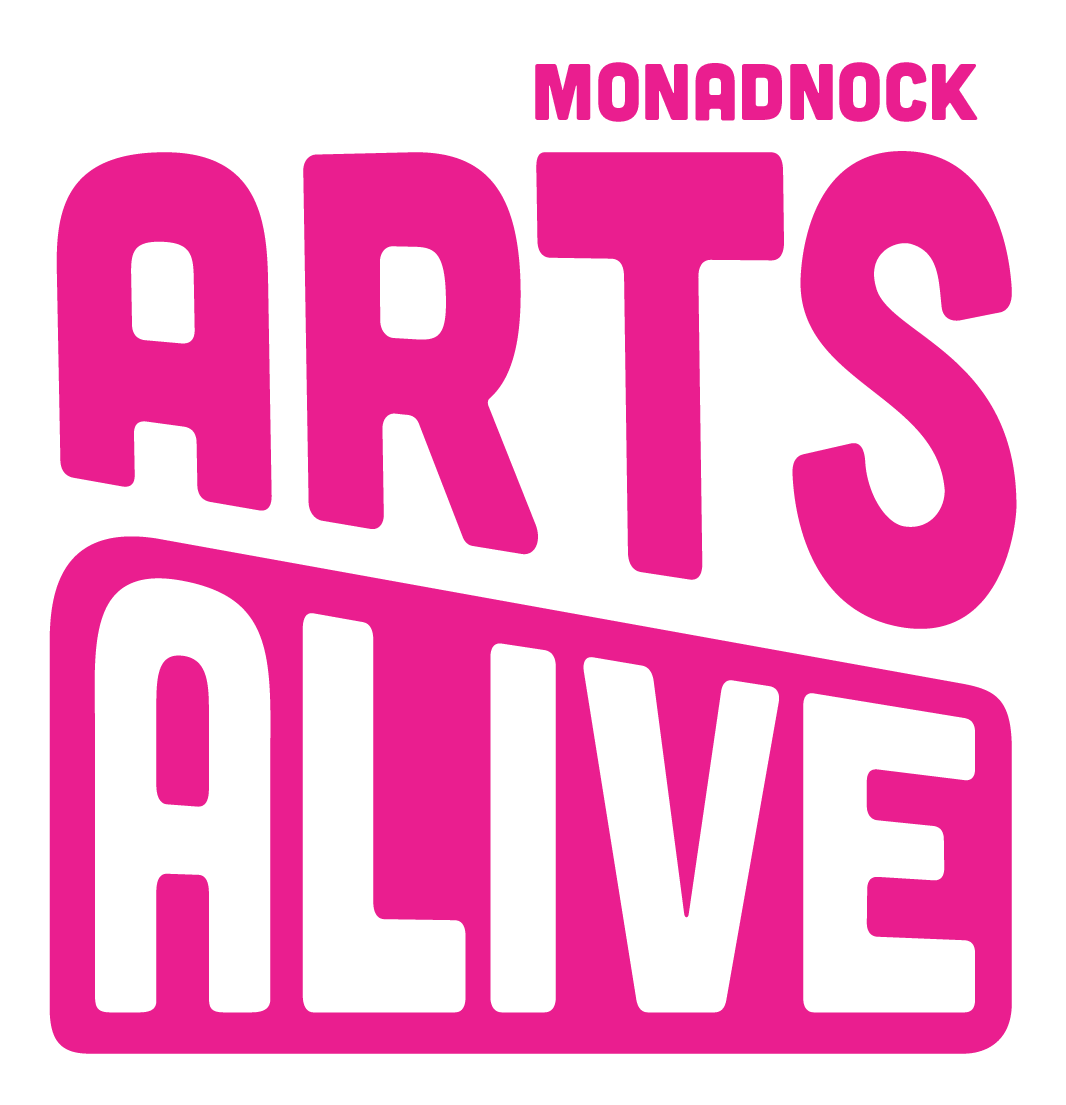Machina Arts is bringing art to the community in alternative places and spaces
that change the relationship between arts and audience. Founders Danya
Pugliese and Rebecca Hamilton aim to create an experience of art, rather than a
separation of work and viewer, nixing traditional proscenium venues and white
walled galleries for something more intimate and accessible.
"We are exploring the many ways of how people can interact and become the
art that they're coming out for," says co-founder Danya Pugliese.
Machina's goal is to create an artspace that will act as an innovative hub for
Keene and the Monadnock region. The company will be a for-profit B-Corp - a
mission driven for profit community oriented business, different than most other
arts centers. We sat down with co-founder Danya Pugliese last week to ask her
more about the project.
Danya, what brought you to the Monadnock region? I was working for a metal
sculptor - Wendy Klemperer in Brooklyn New York, and she has a house in Nelson
New Hampshire. I came up to work there one summer and I just loved the area. I
ended up moving here. Rebecca's family and roots are here, and so that was
important for her to be here.But the first few years were difficult. Other places I'd
lived, urban places, have so much alternative art going on.
Where did the idea for Machina come from? Both of us come from a very
urban city background. Rebecca lived in San Francisco and Hawaii, and I came
from NYC, my family is in Portsmouth. We were having dinner and talking about
how we both wanted a more active arts community that engages people in
different ways.So we decided to put on an event. Two hours later, we had gone to
Mole Hill and booked the venue, created a name, booked a DJ from San
Francisco.All within two hours. That's how Machina was born. 250 people to come
out for our first event, and were inspired to keep it going.
How did you decide this was your calling? There were two different stages. I
have been an artist since I was able to hold a pencil. My mother was an art
teacher. I took a welding class in High School and discovered I loved welding.
When I found out that you could major in Metalworking, at Maine College of Art, I
dove right in. When I graduated, I had these two paths before me, I'm going to be a
professional artist or I'm going to own a gallery. I had been exploring both. Then, I
came up to that point where Rebecca and I began to do Machina. I felt like I found
my calling. The New England Foundation for the Arts Creative Communities
Exchange Conference that happened in Keene last year was a real turning point
for me also - I found my people.Arts Administration began to make so much sense
- this is who I want to be and what I want to do.
What accomplishments are you most proud of? Of course, I'm really proud
when our events come together, the artists and musicians have all done a great
job.But honestly, I'm most proud of the fact that being in the heart of a startup, we
don't just quit. That is the hardest thing - to not just quit. It is difficult to start any
business.You pour your blood, sweat, tears, effort, time, money into it. Not quitting
in many ways is one of our biggest accomplishments.
If it's that hard, what keeps you going? When we started, we were doing this
for ourselves, but as we build relationships and learn more about the area, we
realize how much Machina means to the community. We're adding culture and art
to the community, creating a space for people to have healthy social interactions
around art and music, and giving young people a reason to stay here. Creating
Machina made this community our home because we are finding a community
larger than ourselves, building ourselves a creative tribe. That is why we continue
doing this.
